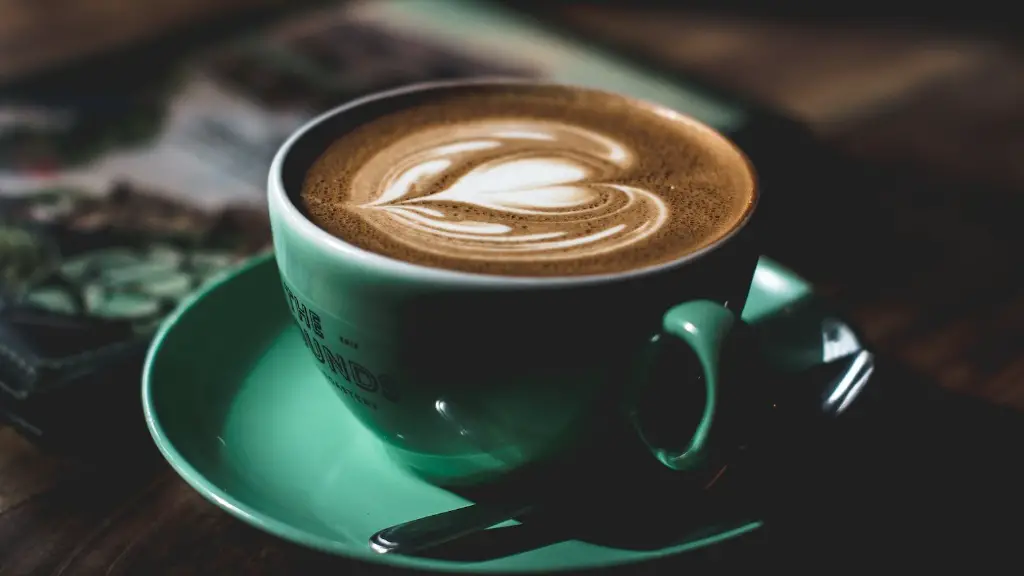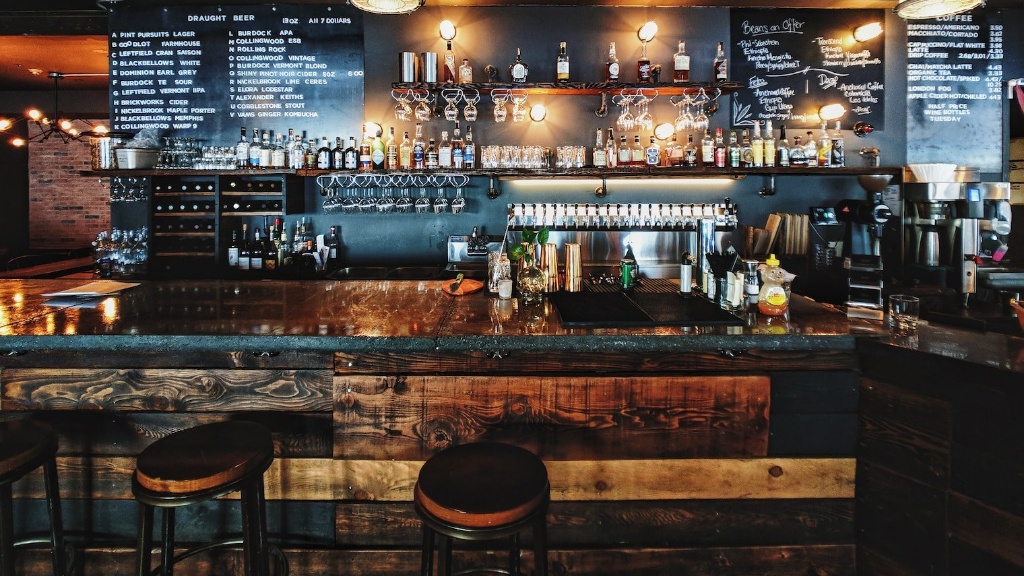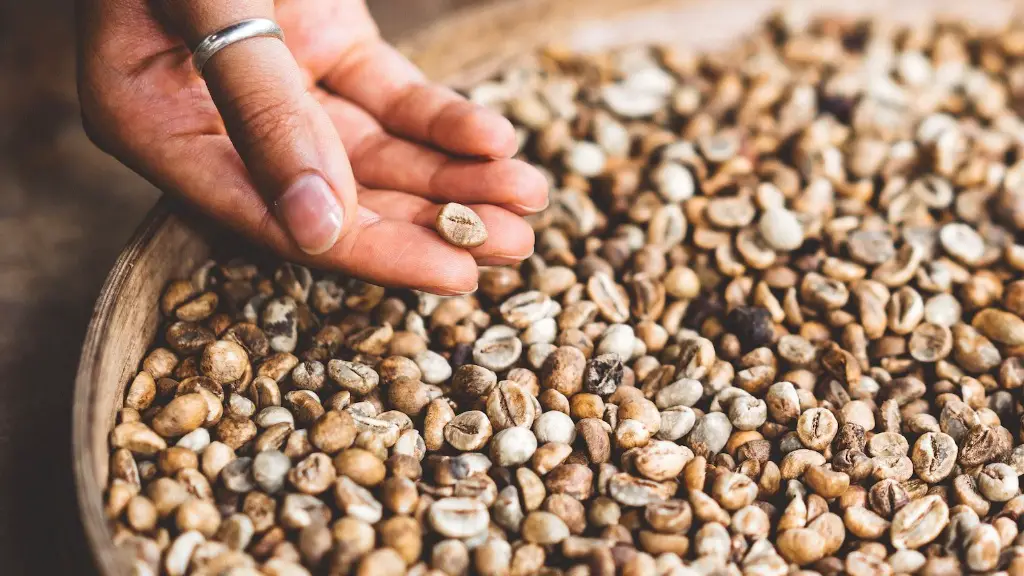Coffee is a popular beverage the world over. It is enjoyed by millions of people every single day. Many people choose to drink coffee for its wake-up benefit, the taste, or for its supposed health benefits. However, there is debate about whether drinking coffee can contribute to the formation of kidney stones. In this article, we will look at the evidence, research and opinions of experts to ascertain the truth.
Kidney stones are a very common problem, with over three million cases being diagnosed in the US alone in 2019. Generally caused by an accumulation of salts and minerals, they form together and then pass through the urinary tract. Although they can vary in size, they are usually sharp and can cause pain and bleeding.
Recent research has raised the question of whether drinking coffee can increase the risk of developing kidney stones. Studies have found that drinking coffee, in addition to alcohol and tea, can have an impact on kidney stone formation. However, the evidence does not point to coffee being directly to blame for the development of kidney stones.
Coffee can act as a diuretic, meaning it encourages the body to excrete more fluids. This can reduce the amount of minerals that would normally crystallize in the urine and form into stones. Furthermore, coffee has been linked to improved functioning of the kidneys, although this has yet to be completely proven.
Research by the National Institute of Health (NIH) found an association between high coffee consumption and an increased risk of kidney stones. The NIH study involved 6,118 participants with and without kidney stones. They found that heavy coffee drinkers had a one-third higher risk of developing kidney stones than non-coffee drinkers. They concluded that coffee can have a detrimental effect on kidney health and must be consumed in moderation.
Experts believe that the cause of kidney stones is multi-faceted, with various factors likely to contribute to their formation. The general consensus is that while drinking coffee can have an adverse effect on kidney health, it is not the primary cause of kidney stones.
Interaction between Coffee and Calcium
One of the key components in kidney stone formation is the presence of oxalate and calcium in the urine. Calcium binds with oxalate to form a more solid compound which accumulates in the kidneys and bladder and eventually forms a stone. Recent studies have suggested that coffee consumption can inhibit the absorption of calcium in the body, thus leading to increased levels of oxalate in the urine.
However, other studies have showed that drinking coffee is not as detrimental to calcium absorption as initially thought. In fact, some experts believe that coffee can help neutralise the effects of oxalate and reduce the risk of calcium binding with it, and therefore reduce the risk of kidney stone formation.
There is no definitive answer as to whether drinking coffee has a direct effect on the formation of kidney stones, but there is evidence to show that coffee can have a significant impact. It is important to monitor intake and ensure that coffee is consumed alongside a balanced diet.
What to Consider when drinking Coffee
When considering whether to drink coffee, it is important to look at the amount you will be consuming. Too much coffee can lead to dehydration, and this can worsen the likelihood of kidney stones forming.
This is because a lack of fluid in the body can cause minerals to become concentrated, and this is the environment in which kidney stones can quite easily form. Thus, drinking coffee with pre-existing dehydration can worsen the chances of a person developing kidney stones.
It is advisable to drink plenty of water throughout the day alongside coffee to reduce the chance of dehydration and potentially cause fewer difficulties with kidney stones. Additionally, a diet which is rich in fruits and vegetables is thought to reduce the risk of kidney stone formation, by providing the body with nutrients and minerals which help to maintain a healthy PH balance.
Other Dietary risks
The amount of calcium in the body, and therefore the amount of calcium that can become bound to oxalate, is largely affected by the food we eat. A diet which has excessive amounts of salty and sugary snacks as well as processed meats is thought to worsen the risk of kidney stones.
Studies have suggested that a diet high in animal protein, sodium and sugar can have an adverse effect on kidney stone formation. Conversely, a diet low in animal protein and rich in fruits and vegetables can have a protective effect.
It is important to understand that there is no one definitive answer as to whether drinking coffee can lead to kidney stones. While there is evidence to suggest that drinking coffee can contribute to their formation, it is likely that it is just one factor in a multi-faceted process.
The Role of Genetics
Genetics can play a role in the formation of kidney stones, although genetics does not necessarily always predispose an individual to the condition. Some people are naturally more prone to developing stone disease due to genetics, and this can influence the part that other factors such as coffee, diet and lifestyle play in their susceptibility to the condition.
It is important to consider the wider factors at play when looking into the causes of kidney stones. It is clear that there is no one clear answer to the question of whether drinking coffee can cause kidney stones; rather, it is a combination of genetics, lifestyle and diet that can contribute to their formation.
What is the Recommendation?
The recommendations for those with a predisposition to kidney stone formation is to drink coffee in moderation. For those who are not at risk, regular coffee consumption is not thought to have any impact on the formation of kidney stones.
That said, it is important to remember that coffee is a diuretic, and so drinking too much can lead to dehydration. This can contribute to stone formation. Additionally, a diet high in animal proteins, salts and sugars can also worsen the risk. Therefore, it is advisable to maintain a balanced diet and limit the intake of coffee.
Preventative Measures
One of the best and most effective ways to reduce the risk of kidney stone formation is to ensure that the body stays hydrated by drinking plenty of fluids. This can help maintain the PH balance in the body and reduce the risk of stone formation.
Additionally, it is important to maintain a diet which has a good balance of fruit and vegetables. A diet which is high in oxalates and calcium can worsen the chances of stone formation, and so it is important to be aware of food items which contain these components.
Finally, it is important to limit the intake of coffee, alcohol, and other sources of caffeine, as these can have a negative impact on the chances of kidney stone development. It is best to seek medical advice to ensure a healthy lifestyle and ascertain whether drinking coffee can be beneficial or detrimental for your individual health.





